UDA Snubs Coalition Consensus, Fields Candidates in All 23 By-elections
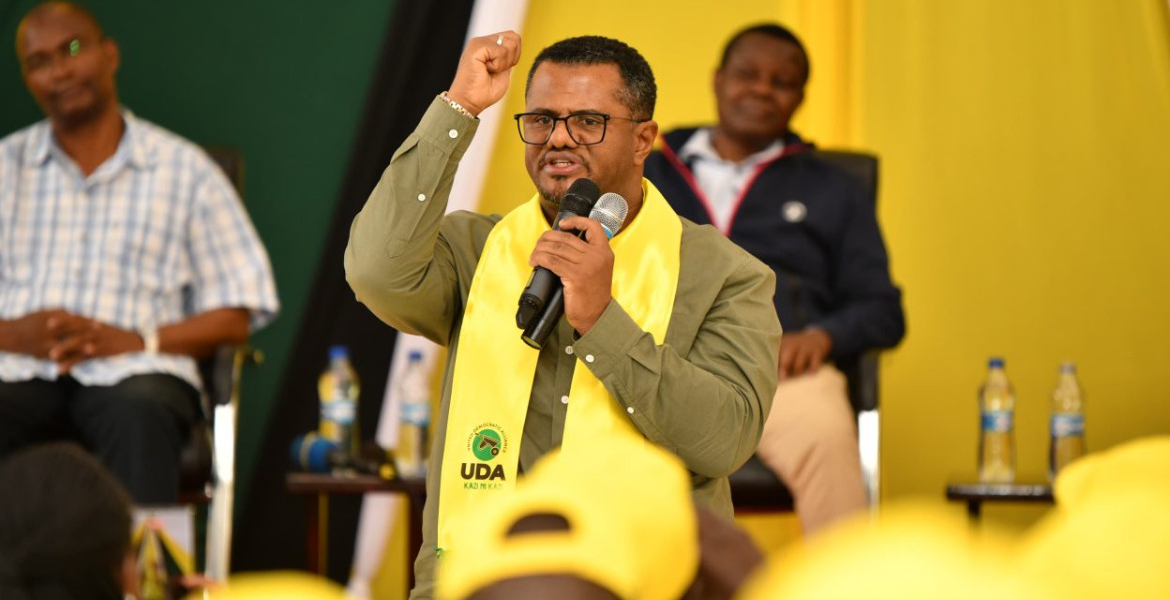
Kenya’s ruling coalition is facing growing internal tensions after the United Democratic Alliance (UDA) announced plans to field candidates in all 23 parliamentary and ward by-elections scheduled for November.
This move, led by UDA Secretary-General Hassan Omar, signals an assertive bid to strengthen the party’s dominance ahead of the 2027 general election. However, it also threatens to undermine the delicate balance within President William Ruto’s Kenya Kwanza coalition.
The most contentious battle is unfolding in Magarini constituency, where the 2022 election results were annulled by the courts. The seat was previously held by the Orange Democratic Movement (ODM), led by Raila Odinga. ODM is seeking to recapture the seat, but UDA has already endorsed Stanley Kenga as its candidate, effectively shutting the door on any negotiated settlement. Omar has openly challenged ODM’s Harrison Kombe, whose initial victory was overturned, framing the race as a test of legitimacy and dismissing Kombe’s prior win as flawed.
Despite previous calls for internal consensus in selecting candidates, UDA has opted for a unilateral approach that may strain relationships with coalition partners.
Beyond Magarini, the party has confirmed it will contest several other key races, including in Kasipul-Kabondo, Ugunja, Mbeere North, Banisa, and the Baringo Senatorial seat. The Malava constituency is also drawing particular attention following the death of MP Malulu Injendi.
Prime Cabinet Secretary Musalia Mudavadi has been tasked with leading UDA’s campaign there, promising transparent primaries and framing the contest as a reflection of public support for the government’s policies. However, the sudden death of another aspirant, Dr Enock Andanje, has raised concerns about the high-pressure environment surrounding these elections.
Mudavadi has dismissed the credibility of rival parties, including Deputy President Rigathi Gachagua’s Democracy for Citizens Party (DCP), portraying the by-elections as a referendum on development and government stability. The UDA is also engaging religious leaders and local communities in a bid to broaden its appeal and present a united front. Still, critics argue that such tactics may deepen political divisions rather than foster cohesion.
The Independent Electoral and Boundaries Commission (IEBC) has defended its decision to hold the by-elections on November 27, citing logistical requirements and constitutional obligations.

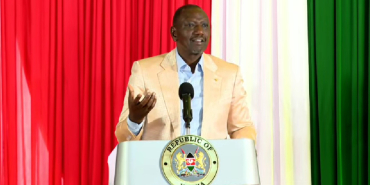
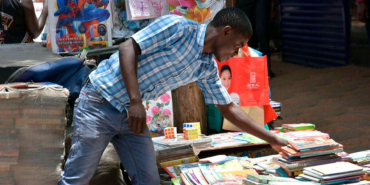

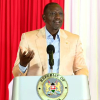


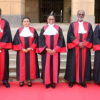
Add new comment